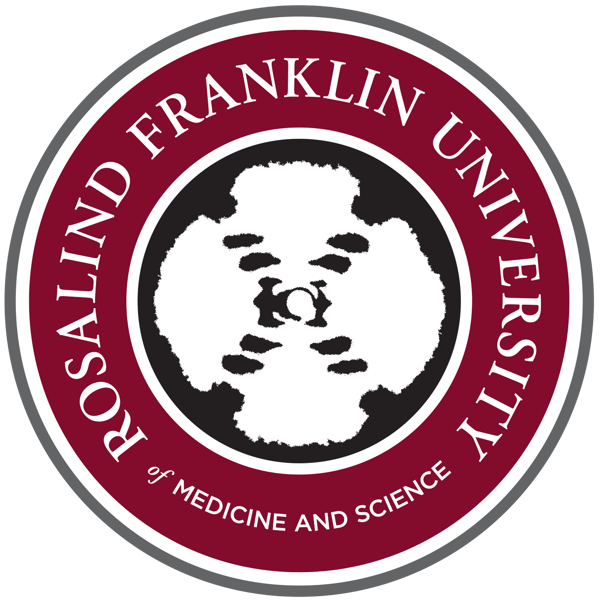042 - BRIDGE Trial
HelixTalk - Rosalind Franklin University's College of Pharmacy Podcast
Sean P. Kane, PharmD, BCPS
5 • 644 Ratings
🗓️ 19 April 2016
⏱️ 22 minutes
🧾️ Download transcript
Summary
In this episode, we discuss the BRIDGE trial, which investigated whether patients with atrial fibrillation on warfarin need a parenteral anticoagulant "bridge" in preparation and after an elective surgical procedure.
Transcript
Click on a timestamp to play from that location
| 0:00.0 | Welcome to Helix Talk, an educational podcast for healthcare students and providers covering real-life clinical pearls, professional pharmacy topics, and drug therapy discussions. |
| 0:11.0 | This podcast is provided by pharmacists and faculty members at Rosal Franklin University College of Pharmacy. |
| 0:17.0 | This podcast contains general information for educational purposes only. This is not |
| 0:22.0 | professional advice and should not be used in lieu of obtaining advice from a qualified health |
| 0:26.3 | care provider. And now on to the show. Welcome to Helix Talk episode 42. I'm your co-host |
| 0:34.1 | Dr. Cain. I'm Dr. Schumann. And I'm Dr. Patel. And today we're talking about |
| 0:38.1 | bridging, specifically the bridge trial, which came out in New England Journal of Medicine back |
| 0:43.1 | in August of 2015. But it's one of those landmark pivotal trials that is really going to impact |
| 0:48.1 | clinical practice. So we wanted to cover that today. Yeah, and let's just start out by a definition |
| 0:52.7 | of bridging. So basically, we call that bridging occurs when an anticoagulation coverage is provided by |
| 0:58.1 | either a low-molecular weight haparin, such as an oxoparin or dotaparin or haparin during |
| 1:04.0 | warfarin therapy interruption when the INAR is sub-therapeutic. |
| 1:07.8 | So there is that vulnerable window when we want to cover it with a shorter |
| 1:11.3 | acting anticoagulant. And these interruptions are usually for what we define as major procedures. |
| 1:16.3 | So we're not talking about things, you know, if you're minor dental procedures, minor skin surgeries, |
| 1:21.0 | or if they're doing, you know, I think even like a punch biopsy of the skin or cataract removal, |
| 1:25.5 | antacagulation is generally not interrupted with some exceptions, |
| 1:28.6 | but we're going to focus on more than generalities. |
| 1:31.1 | There's kind of two ways that you can do bridging. |
| 1:33.3 | One is more of a prophylactic regimen where you're kind of doing low doses or even intermediate |
| 1:38.2 | doses of, let's say, lovenox or any low molecular rate heparin. |
| 1:42.1 | But more commonly, you're actually therapeutically bridging |
... |
Please login to see the full transcript.
Disclaimer: The podcast and artwork embedded on this page are from Sean P. Kane, PharmD, BCPS, and are the property of its owner and not affiliated with or endorsed by Tapesearch.
Generated transcripts are the property of Sean P. Kane, PharmD, BCPS and are distributed freely under the Fair Use doctrine. Transcripts generated by Tapesearch are not guaranteed to be accurate.
Copyright © Tapesearch 2025.

